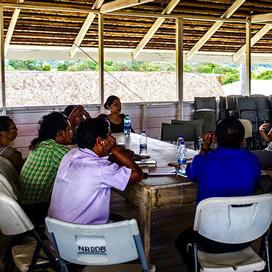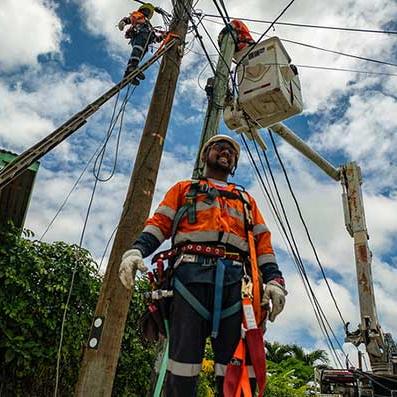Douglas Glandon
Designation: Chief - Strategic Initiatives
Douglas guides and implements 3ie's strategic direction, with an emphasis on technical innovation and efficient, high-quality delivery of services to our partners. He also heads 3ie strategic initiatives, including in data innovations, cost evidence, and training.



